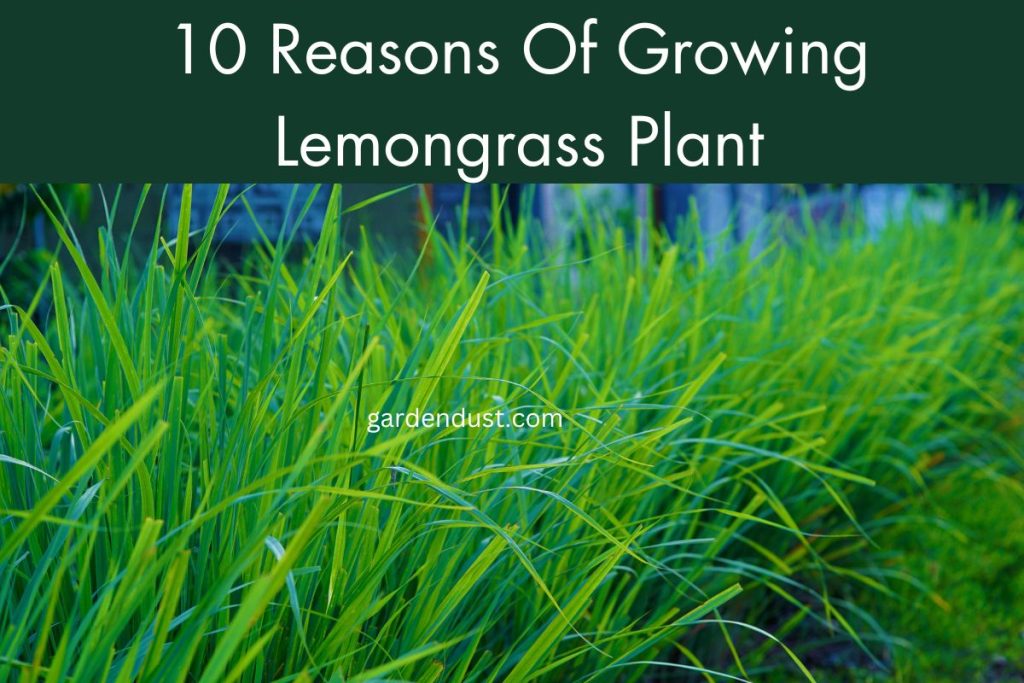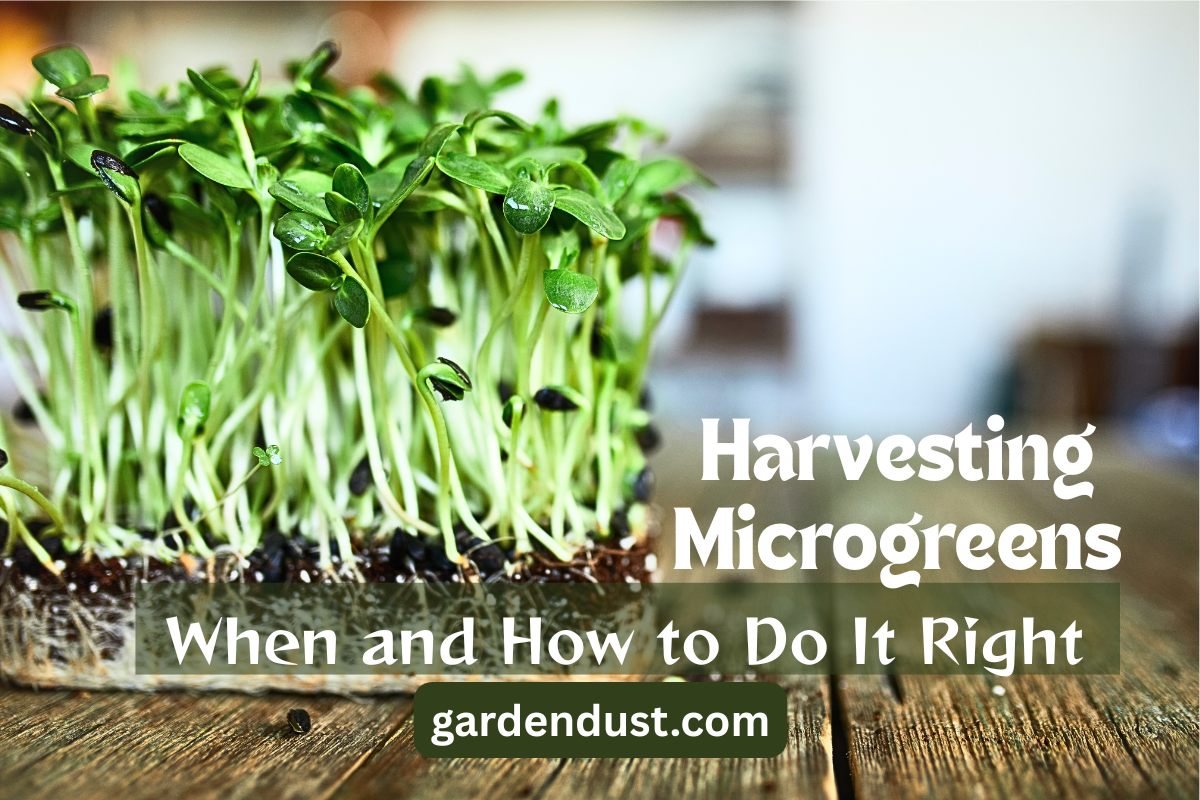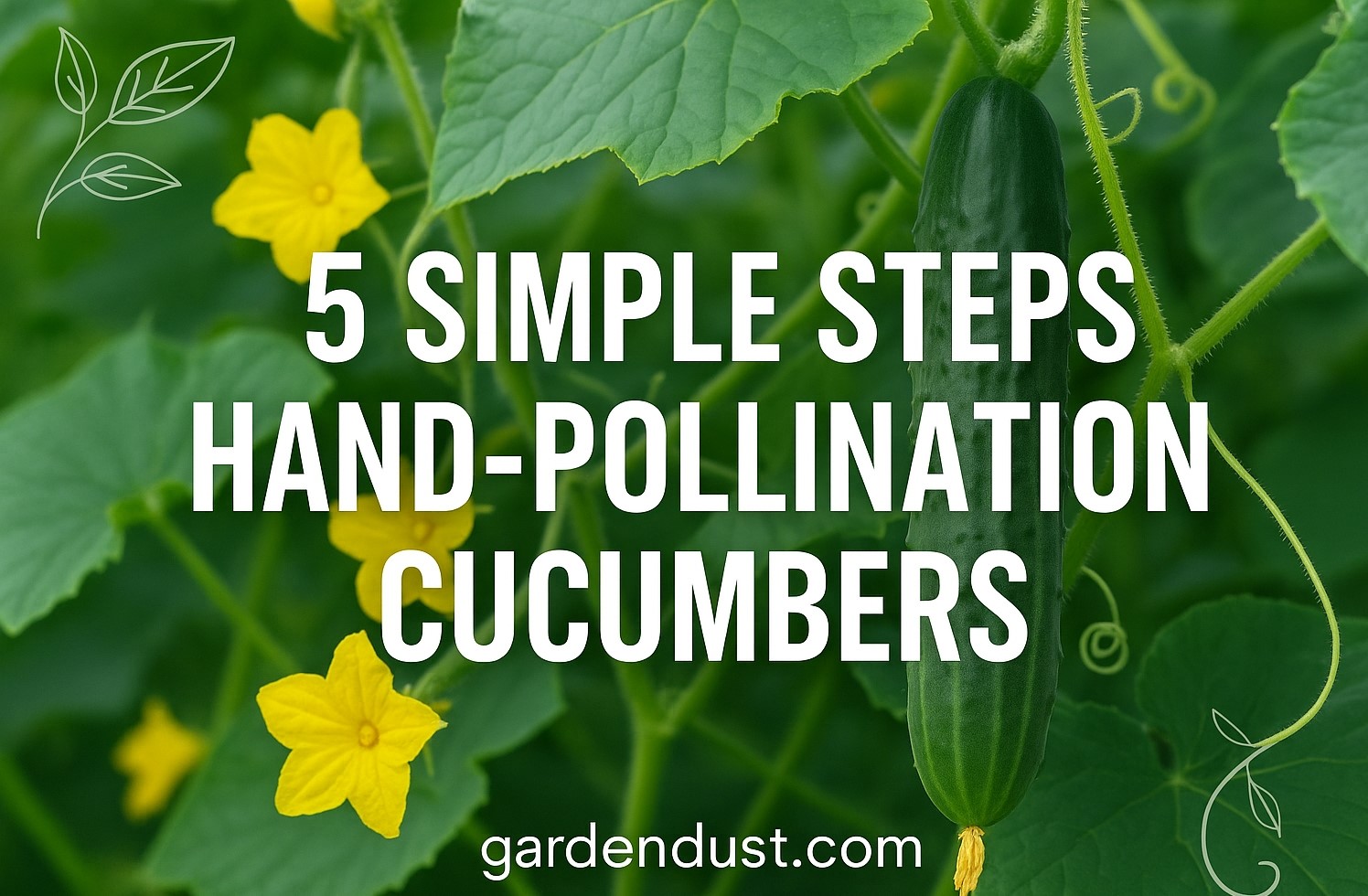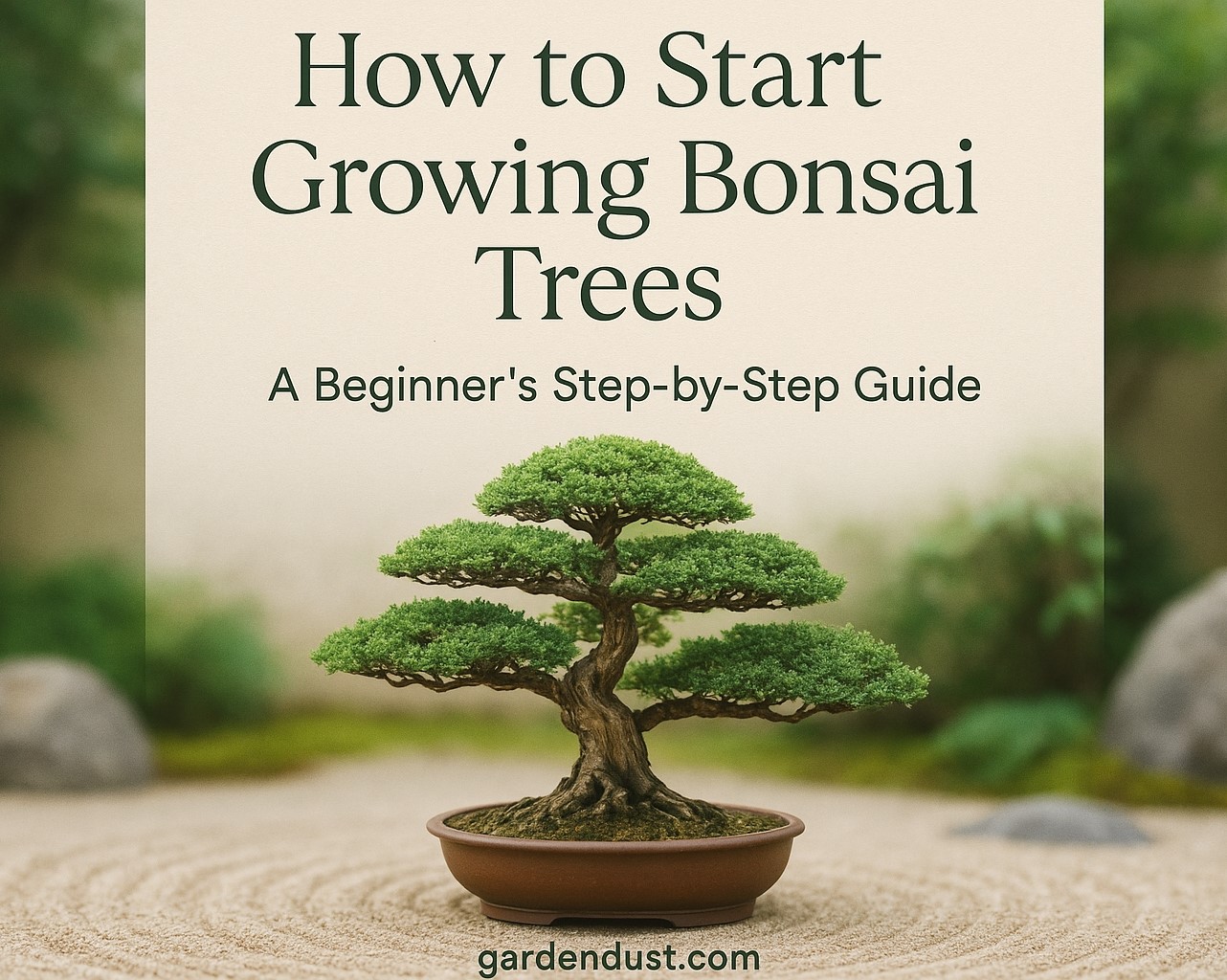Lemongrass, with its vibrant green stalks and citrusy aroma, is a versatile herb that has found its way into the hearts and gardens of many enthusiasts. Beyond its culinary uses, lemongrass offers a myriad of benefits, making it a delightful addition to any garden. In this article, we explore the top 10 reasons of Growing Lemongrass Plant in your garden. Let’s start…
1.Culinary Delight
One of the primary reasons to cultivate lemongrass is its culinary versatility. The herb’s distinct lemon flavor and aroma make it a popular ingredient in a variety of dishes, ranging from soups and curries to marinades and teas. Lemongrass imparts a refreshing and tangy taste to culinary creations, elevating the overall dining experience. With its easy cultivation, having a fresh supply of lemongrass in your backyard ensures a ready source for enhancing your favorite recipes.
2.Medicinal Marvel
Lemongrass isn’t just a treat for the taste buds; it also boasts numerous health benefits. Rich in antioxidants, essential vitamins, and minerals, lemongrass has been used for centuries in traditional medicine to treat various ailments. Its natural compounds, such as citronella and citral, exhibit anti-inflammatory and antibacterial properties. Growing lemongrass at home provides you with a readily available source for making herbal teas, infusions, or extracts to promote overall well-being.
READ ALSO:-7 -Uses Of Epsom Salt In Your Garden
3.Natural Mosquito Repellent
One of the standout features of lemongrass is its natural mosquito-repelling properties. The citronella oil present in lemongrass is a well-known insect deterrent. By planting lemongrass in your garden or around outdoor seating areas, you create a natural barrier against mosquitoes. This not only helps in minimizing the use of chemical insect repellents but also adds a pleasant fragrance to your surroundings.
4.Easy to Grow
For both seasoned gardeners and beginners, lemongrass proves to be an easy-to-grow and low-maintenance herb. It thrives in well-draining soil and requires regular watering. The plant is adaptable to various climates and can be grown in containers or directly in the ground. With minimal care, lemongrass quickly establishes itself, producing tall and aromatic stalks that can be harvested for culinary and medicinal purposes.
5.Aesthetic Appeal
Lemongrass isn’t just a utilitarian addition to your garden; it also contributes to the aesthetic appeal of outdoor spaces. The tall, slender stalks with their vibrant green hue create a visually pleasing backdrop. Whether planted in rows, clusters, or as a border, lemongrass adds a touch of elegance to gardens and landscapes. Its graceful appearance makes it an excellent choice for ornamental as well as functional gardening.
6.Stress Reduction
Beyond its physical health benefits, lemongrass has been associated with stress reduction and relaxation. The herb’s pleasant aroma is believed to have calming effects on the mind and body. Incorporating lemongrass in your garden provides a natural and aromatic sanctuary where you can unwind and escape the stresses of daily life. Consider planting lemongrass in areas where you can enjoy its fragrance, such as near seating areas or along garden paths.
7.Culinary Experimentation
The culinary possibilities with lemongrass are vast, making it an exciting herb for culinary experimentation. From infusing oils and creating herbal blends to making lemongrass-flavored desserts, the herb opens up a world of creative possibilities in the kitchen. Cultivating lemongrass at home allows you to explore and experiment with its unique flavor, adding a personal touch to your culinary creations.
8.Sustainable Living
Growing lemongrass aligns with the principles of sustainable living. By cultivating your own herbs, you reduce reliance on store-bought produce, minimizing the carbon footprint associated with transportation and packaging. Additionally, lemongrass requires minimal synthetic fertilizers or pesticides, contributing to a more environmentally friendly and sustainable gardening approach. Embracing lemongrass cultivation is a step towards a greener and healthier lifestyle.
9.Companion Planting
Lemongrass serves as an excellent companion plant in the garden, as it has natural pest-repelling properties. Placing lemongrass near other plants helps protect them from pests and insects, promoting a healthier garden ecosystem. Consider interplanting lemongrass with vegetables, fruits, or flowers to create a natural barrier against common garden pests, reducing the need for chemical interventions.
10.Cost-Effective Herb
Last but not least, cultivating lemongrass at home proves to be a cost-effective way to enjoy its numerous benefits. Once established, lemongrass is a prolific grower, providing a continuous supply of fresh stalks for an extended period. This not only saves money on frequent herb purchases but also ensures a readily available source for various culinary and medicinal needs.
Growing lemongrass offers a delightful blend of culinary, medicinal, and aesthetic benefits. Whether you are a seasoned gardener or a novice enthusiast, the ease of cultivation and the multifaceted nature of lemongrass make it an ideal addition to any garden. From enhancing your culinary creations to contributing to a sustainable lifestyle, lemongrass proves to be a versatile herb that deserves a special place in your gardening endeavors. Embrace the joy of cultivating lemongrass and unlock a world of flavors, fragrances, and well-being in your own backyard. Happy Gardening….







